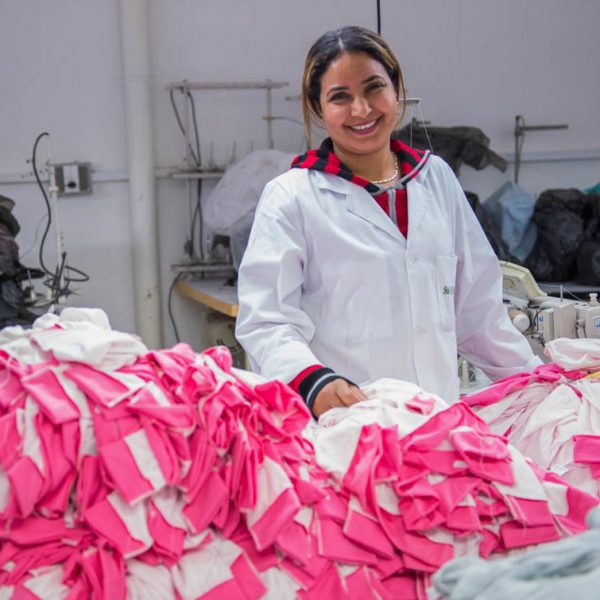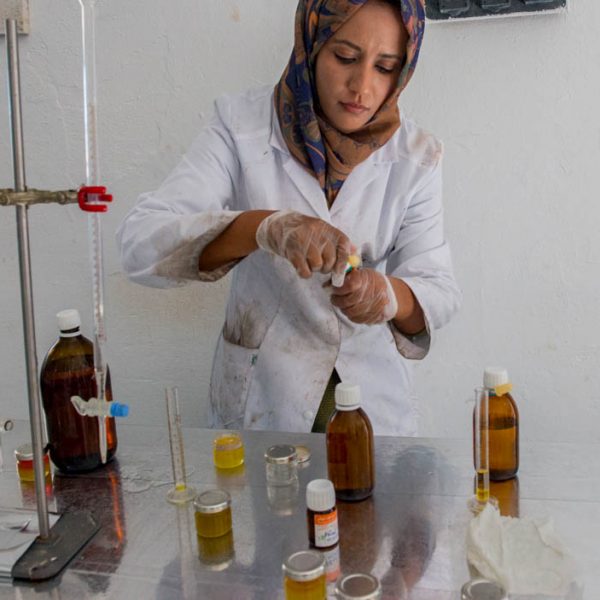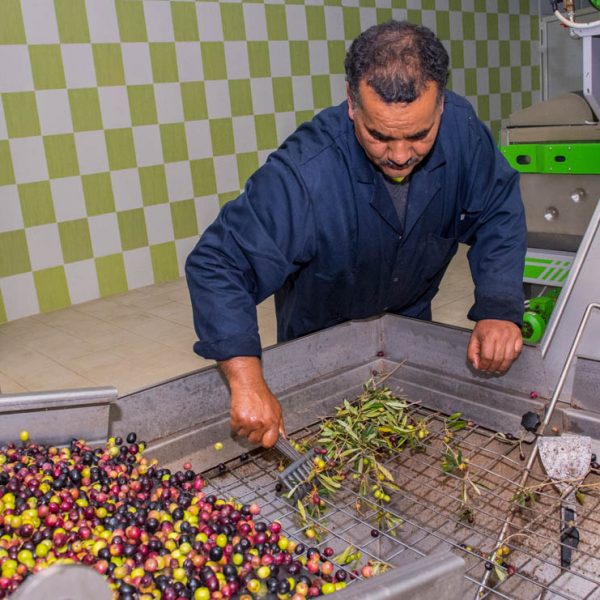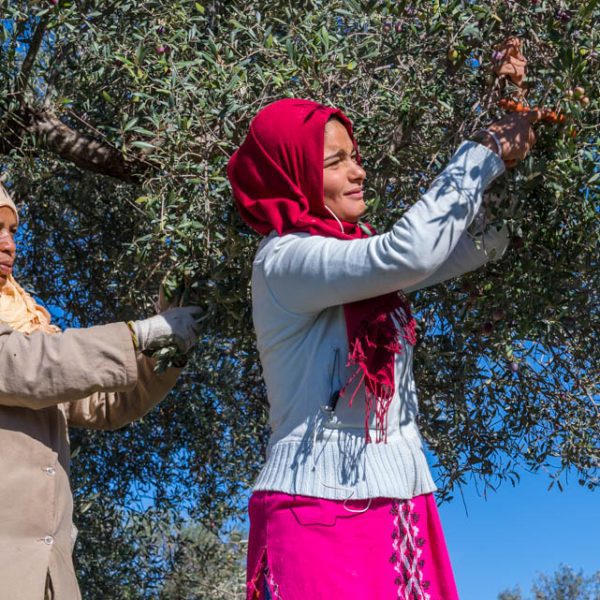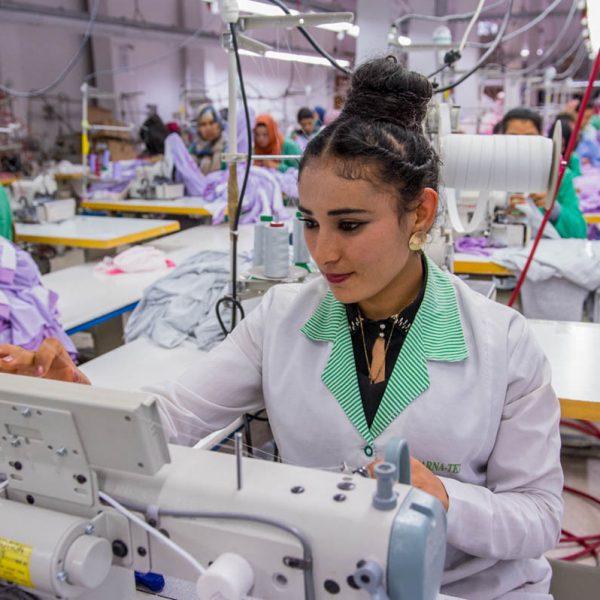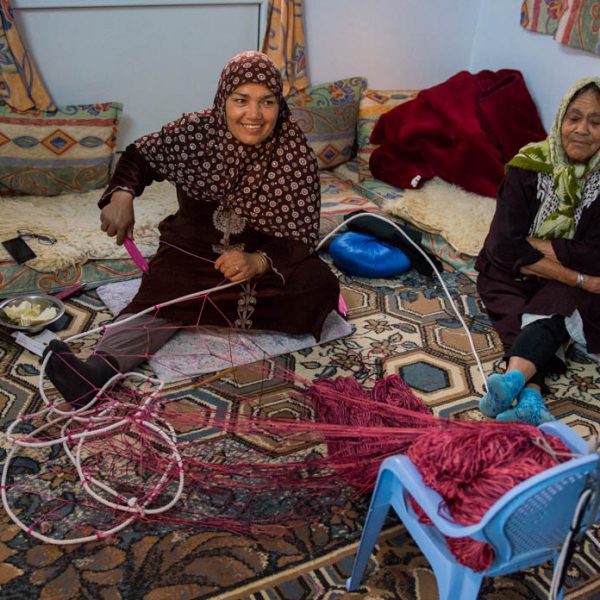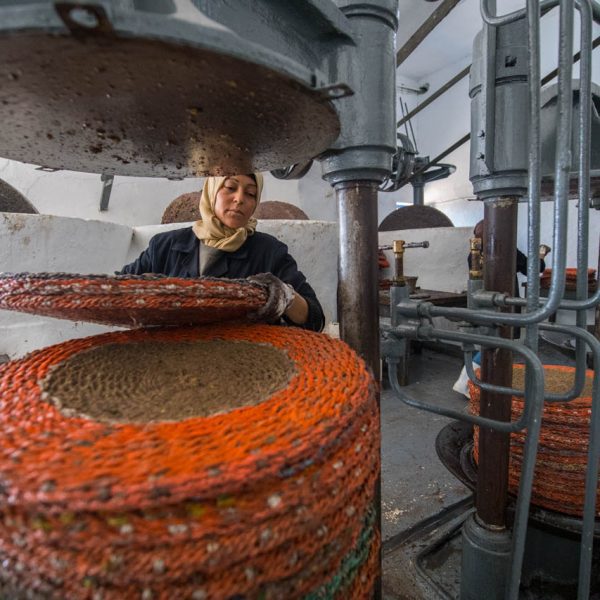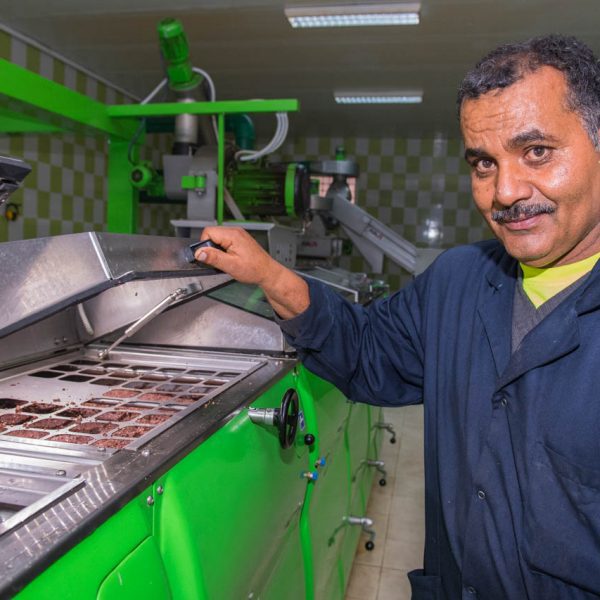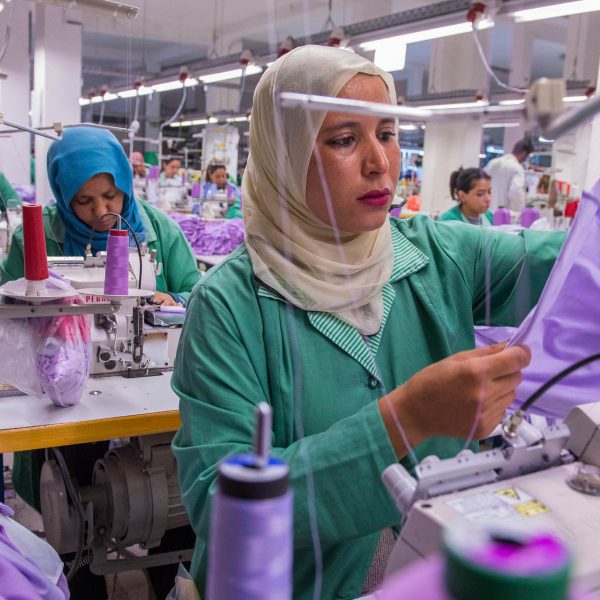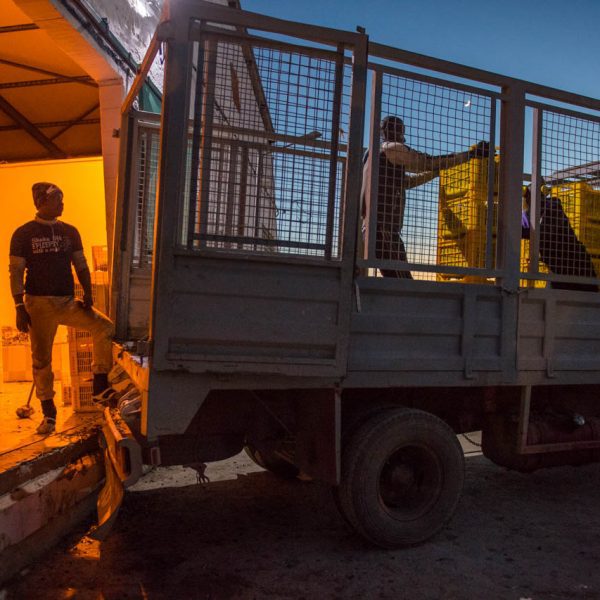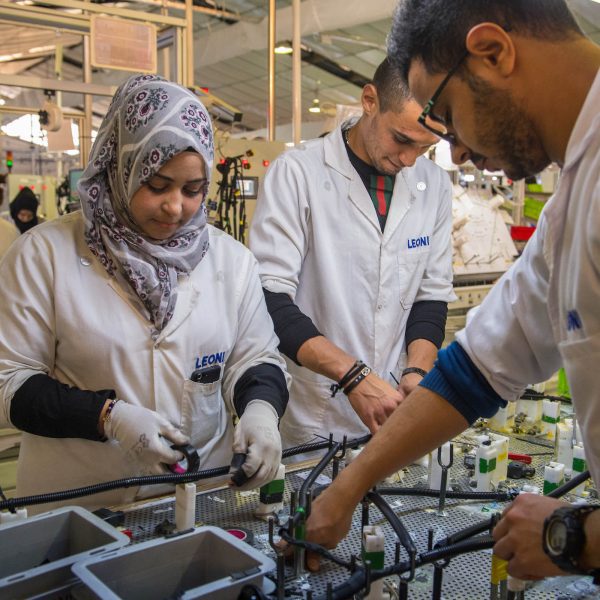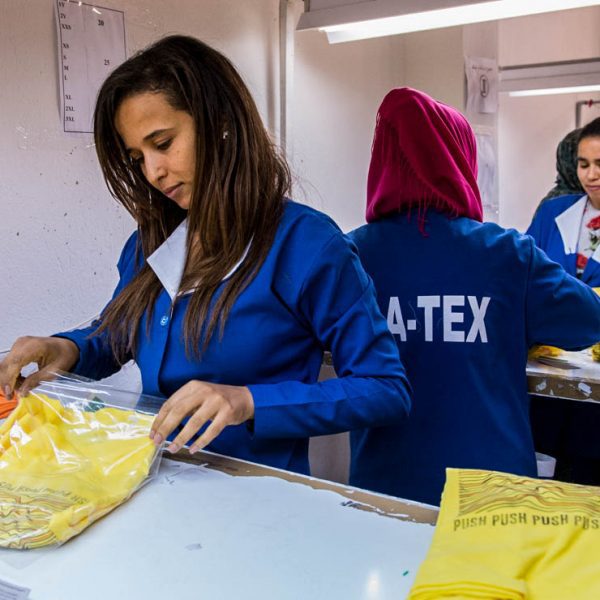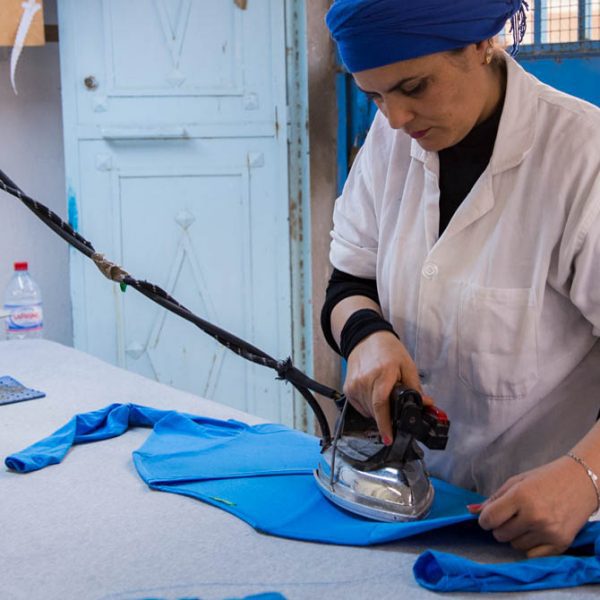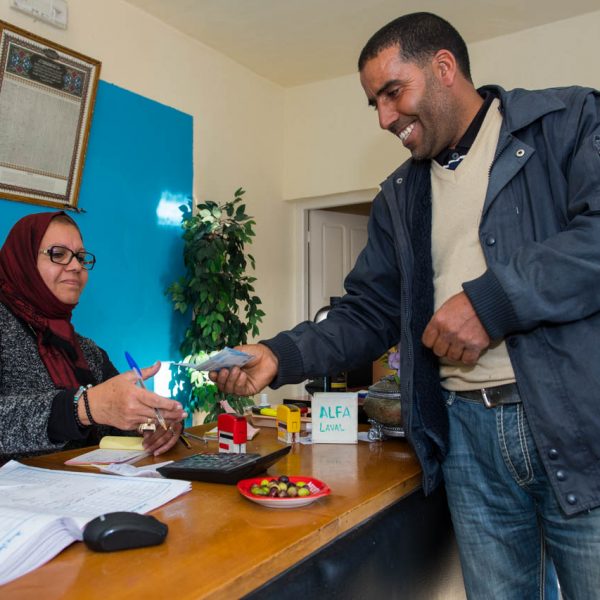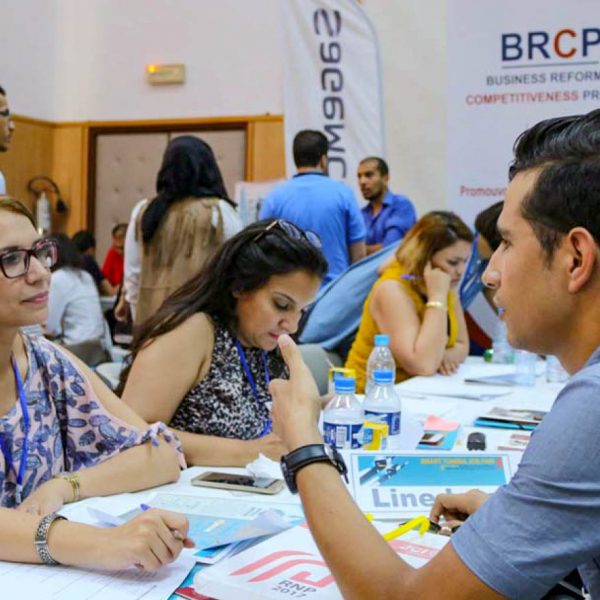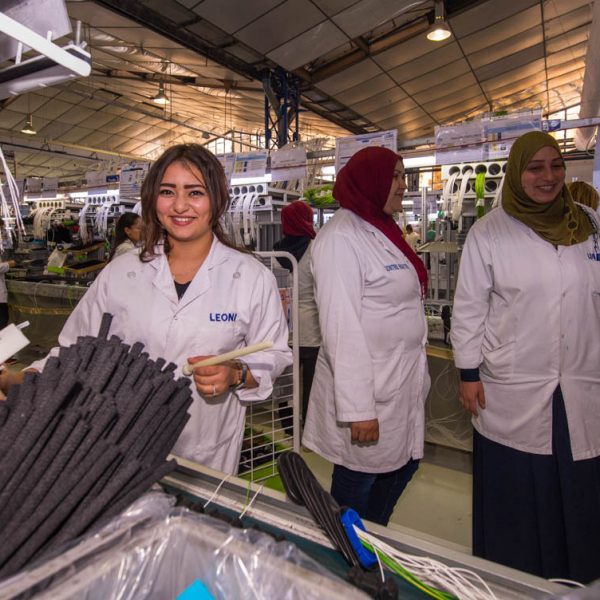USAID Business Reform and Competitiveness Project (USAID/BRCP)
USAID Business Reform and Competitiveness Project (USAID/BRCP)
Tunisia | 2013 - 2017
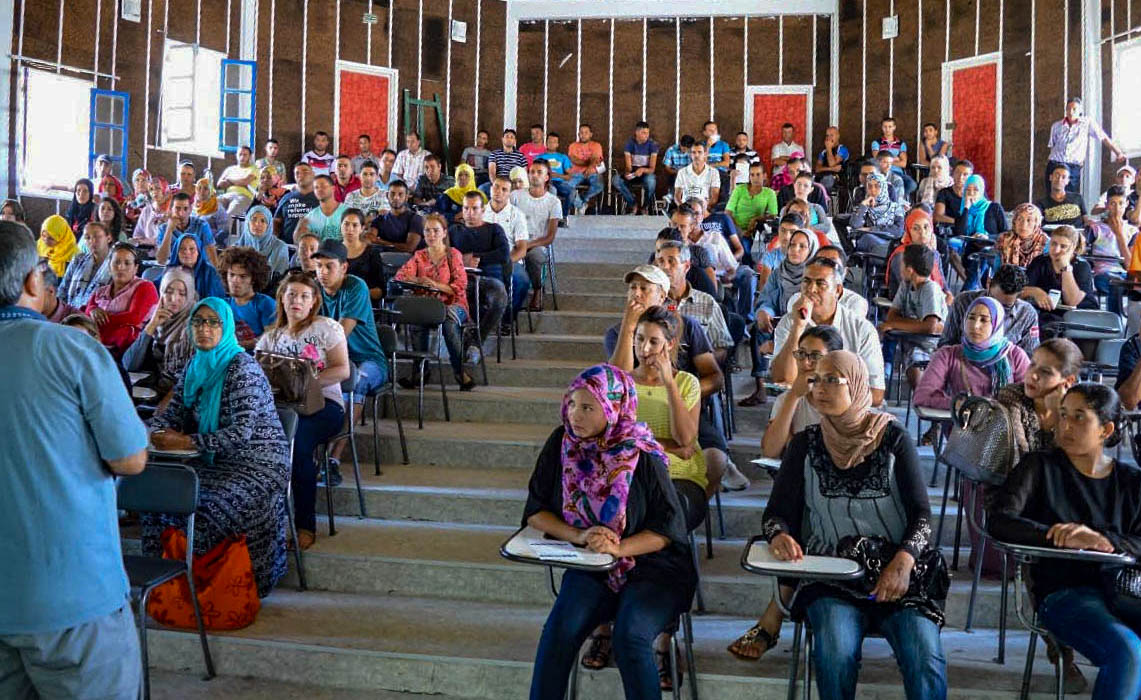
Overview
USAID’s Business Reform and Competitiveness Project successfully promoted SME employment growth in post-Arab Spring Tunisia. One of USAID’s flagship competitiveness enhancement projects, it applied a unique demand-driven approach to accelerate employment growth by catalyzing the productivity, sales, and exports of small and medium-sized enterprises in Tunisia. Its core focus on result-driven, adaptive management allowed the project to achieve impressive, cost-effective job generation numbers that exceeded all original projections.
Under Pragma’s cutting-edge, buyer-led approach, the project successfully generated jobs through the delivery of three interrelated initiatives:
- Enterprise Assistance
- Enhanced Employability
- Enabling Environment.
At the enterprise level, a robust portfolio of targeted technical assistance programs addressed the challenges facing small and medium enterprises (SMEs) in the Tunisian business environment through building internal capacity, enabling access to finance, and linking companies across the value chain and with export markets.
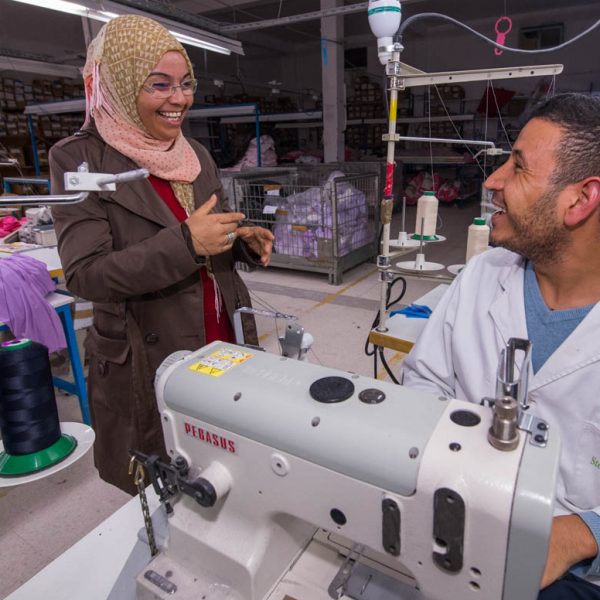
Although Tunisia graduates 80,000 students annually, only 15,000 secure jobs due to issues in the educational system. The project enhanced the employability of the workforce by creating and supporting a new network of career development centers, establishing mechanisms for matching qualified workers with sustainable jobs, and developing market-responsive curricula in institutions of higher education.
Through the project, Pragma partnered with Tunisia’s Ministry of Higher Education and Scientific Research to establish a network of 73 Centers for Careers and Skill Certification (4Cs) embedded in universities across the country to provide comprehensive career development resources, enhance employment-related skills, foster communication between education, employers, and job seekers. The project supported the 4Cs through a range of initiatives, including Training of Trainer events, partnerships with organizations such as Microsoft, capacity-building through employability events, and the production of a Manual of Procedures for 4C counselors—all aimed at improving graduates’ employability and job-market readiness.
Pragma brought private sector employers into its partnership with the ministry to revamp higher education curricula to enhance employability among graduates. This collaboration included the active involvement of 4C counselors and enterprises and resulted in the upgrading of 23 curricula. It also bridged the skills gap by identifying high-demand skills through job creation efforts with enterprises and job-matching initiatives.
Concurrently, the project worked to improve the enabling environment for business by providing targeted technical services to Government of Tunisia counterparts and other stakeholders in critical employment-related areas to improve the legal and regulatory environment and enable greater growth, competition, and employment.
The project’s success in generating jobs was due to the impactful application of the results-focused, firm-level collaboration (buyer-led) model, enhanced by a nuanced understanding of the cooperating country context. This focused on establishing a strong dialogue and shared mutual accountability-based vision with high-potential partner firms of the strategic growth opportunities available to them; and the nuanced competitiveness constraints they would need to address in order to realize these opportunities. In many cases, the identification of these priority constraints emerged from the initial joint diagnostic analysis undertaken by project experts and partner firms, often differing significantly from firm management’s prior assumptions about underlying competitiveness-enhancement needs. Partner firm buy-in was further cemented through a strict “skin-in-the-game” requirement for partner firm co-financing of the project’s support programs. Overall, this incentive-based approach allowed Pragma to focus intensively on identifying firm-level growth opportunities and priority constraints and designing localized solutions in committed partnerships with local firms.
Achievements
- Leveraged 23,500 sustainable full-time equivalent jobs at a cost to USAID of well under $1,000 per job.
- Assisted 360 enterprises with technical assistance and/or on-the-job training.
- Facilitated approximately $42.5 million in credit and equity investments.
- Leveraged approximately $23 million in Foreign Direct Investment for 11 enterprises.
- Created and assisted the development of 73 Centers for Careers and Certification of Competencies (4Cs)
- Upgraded 23 higher education and/or vocational curricula.
- Trained 55 Centers for Careers and Certification of Competencies counselors and 27 certified in the Tamheed program.
- Organized 276 Career Events: 11 large-scale Job Fairs and 265 Career/Enterprise Days.
- In 2016, received a Collaborate, Learn, and Achieve (CLA) Case Competition Award from the USAID Learning Lab for utilizing a highly innovative approach to achieve breakthrough results (equity and credit deals leveraged) in Tunisia.
Focal Points
- Enterprise Competitiveness
- Private Sector Engagement
- Workforce Development
- Access to Finance
- Foreign Investment
- Trade Facilitation
- Job Creation/Youth Employment
- Knowledge Management
- Collaboration, Learning, and Adaptation
Share This Page


